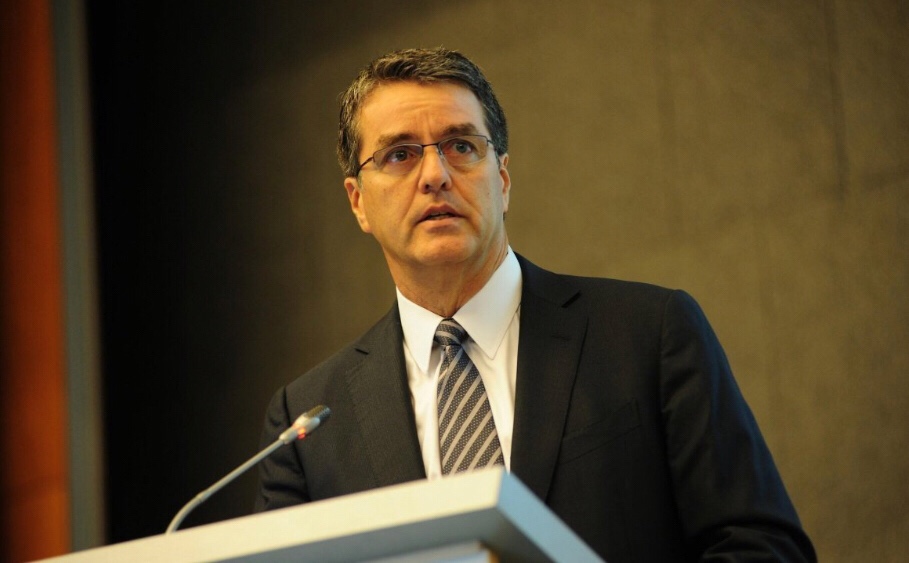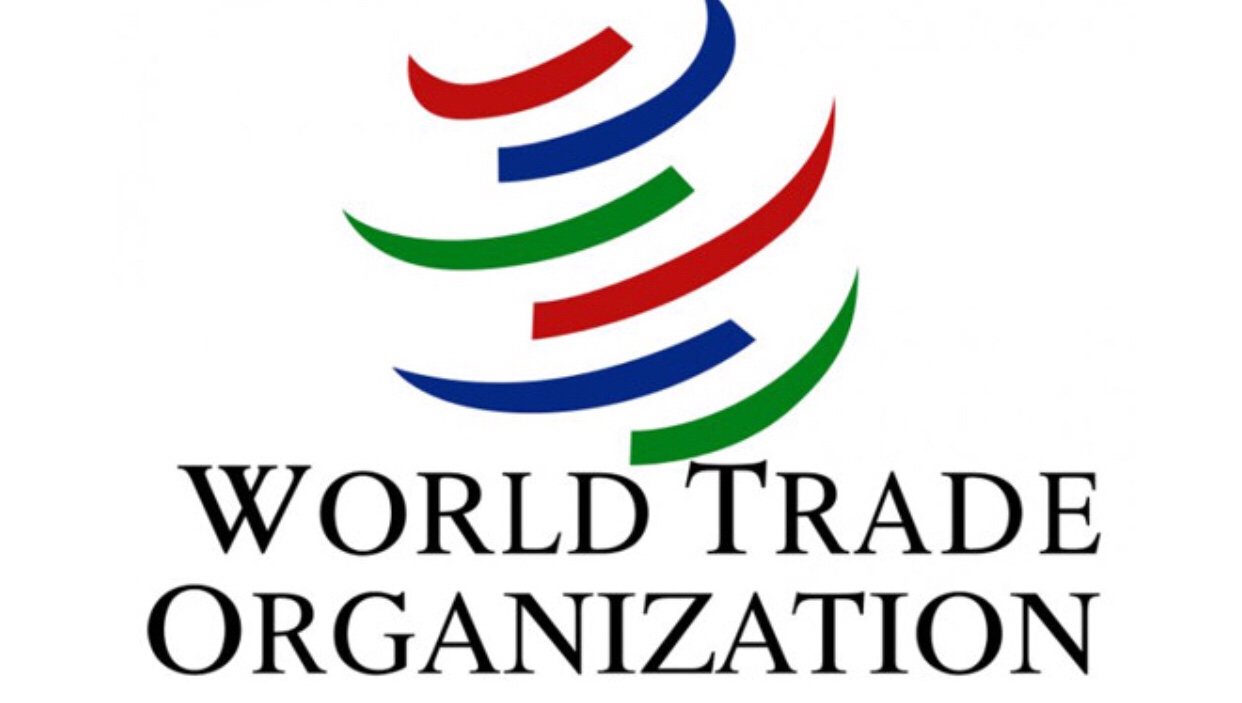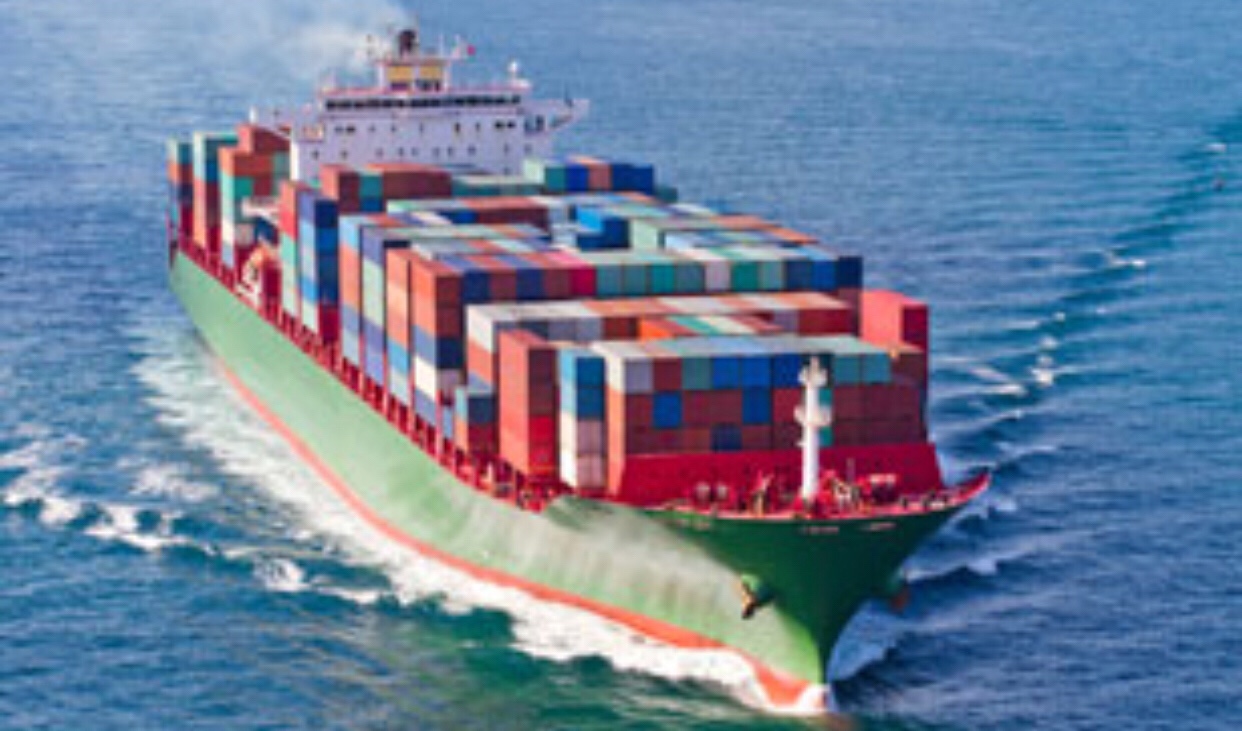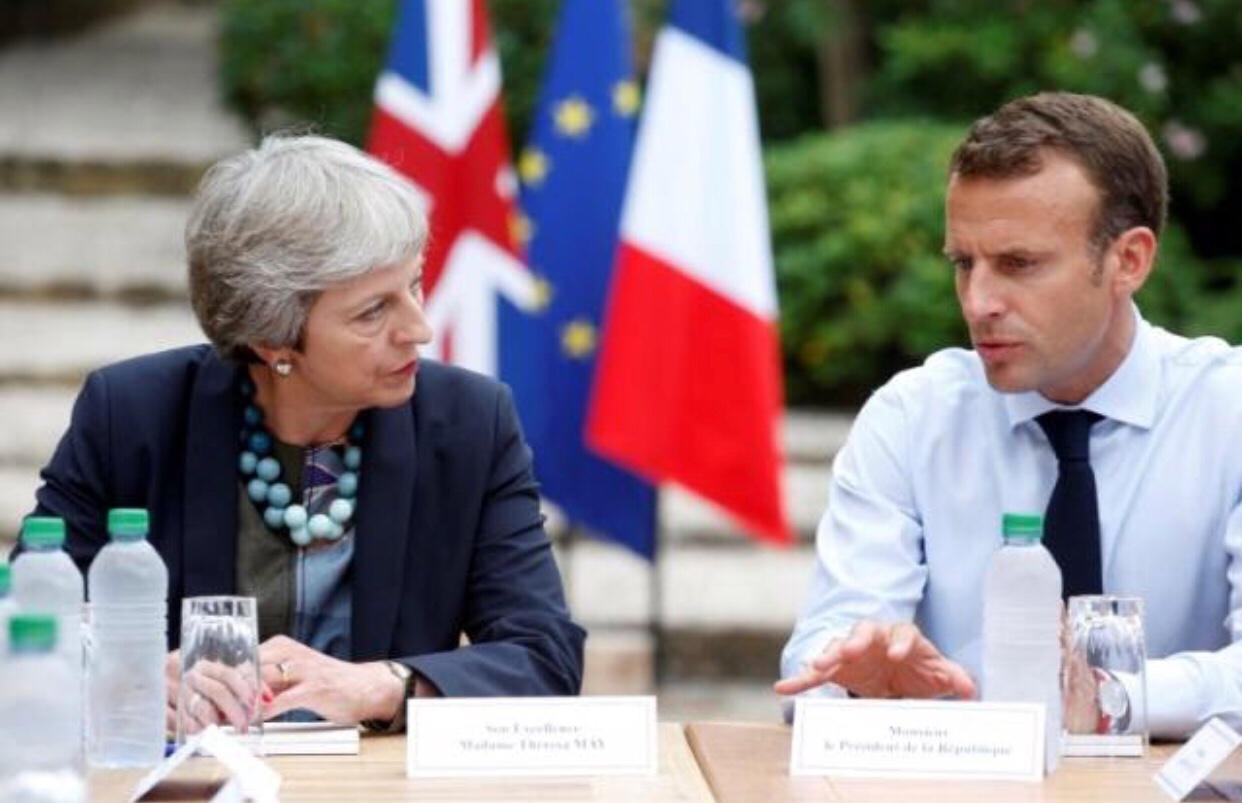How Brazil has been targeted by international trade barriers?
There are many things I love with Brazil; like the people, the nature, the weather, football, samba, music….and Pão de queijo.
Pão de queijo, the traditional, gluten-free Brazilian chewy cheese roll, has been making waves in New York City. A number of restaurants serving this signature food from the state of Minas Gerais have popped up over the past few years.

In the European Union, however, they are banned. Labeled as a dairy product, pão de queijo can’t be exported to the EU – even though, by the group’s own rules, the fact that the product contains only 20 percent of milk derivatives should prevent pão de queijo from being tagged as dairy.
This is a great tragedy – not only since it is one of my personal favourite food products in the world, but also since it is exactly the type of national unique products should shape the basis of an increased Brazilian in international trade and participataion in te global supply chainz

That is just one of the 20 trade barriers identified by Brazil’s National Confederation of Industry (CNI) – 17 of which have been imposed by members of the G-20, the group of the world’s 19 biggest economies plus the European Union. CNI sponsored and supported our work with AEO Brazil 2015-2018.
According to data from Fundação Getulio Vargas, the country’s leading think tank, Brazil loses around 14 percent of its exports due to trade barriers and sanitary controls – amounting to USD 30.5 billion in 2017 alone. Some of the country’s main exports, such as sugar, meat, orange juice, and electronics, are the main targets.
While the European Union has imposed restrictions on Brazilian meat after a series of sanitary scandals, some of the restrictions smack of pure protectionism, such as the pão de queijo example.
Let’s hope that that this will change in the near future, even though emerging and increasing trade war measures hangs over us as rain clouds for the moment.
I want to start my days with Pão de queijo, also whem I am not in Brazil – but home in Europe.
World Trade Organization Director General, Roberto Azevedo, in today’s papers: “I am calling on everyone who believes in trade as a force for good, and who believes that global trade rules are an essential foundation for econom and prosperity, to speak up. Silence could prove as damaging as actions that lead to a trade war.”

Global trade is under threat. Whether or not you call the current situation a trade war, certainly the first shots have been fired. This calls for our attention, and most importantly, our action.

WTO data shows a marked escalation of trade-restriction measures over the last six months. A number of import-facilitating measures were also recorded during the same period; but crucially the value of trade covered by these measures is falling, whereas the coverage of the restrictive measures is rising rapidly. Restrictive measures can include tariffs, quotas and stricter customs regulations.

The situation is extremely serious. Reciprocal trade restrictions cannot be the new normal. A continued escalation would risk a major economic impact, threatening jobs and growth in all countries, hitting the poorest hardest.
There is a responsibility on the whole international community to help resolve these issues. I have been consulting with governments and leaders around the world, urging dialogue and exploring steps to unwind the current situation. But I have also been talking to a wider range of contacts across civil society – including parliaments, business, think tanks and the media – to raise awareness of what is at stake. I am calling on everyone who believes in trade as a force for good, and who believes that global trade rules are an essential foundation for economic stability and prosperity, to speak up. Silence could prove as damaging as actions that lead to a trade war.
There have been some signs of progress. People are beginning to raise their voices. Business leaders and associations are calling on governments to refrain from putting up new barriers. They are asking for governments to negotiate and find solutions. We are seeing a wider understanding that higher tariffs mean higher prices and lower salaries in real terms, and that greater uncertainty risks investors pulling back and jobs being lost. And from leaders around the world, we are seeing much greater engagement in the WTO. Instead of tearing it up, they want to strengthen the system and improve it. This could potentially help us to defuse tensions and find a path out of the current crisis in global trade.
Source: WTO
The prospect of a “no-deal Brexit” appears to have grown after the European Union’s negotiator rejected last month central elements of Prime Minister Theresa May’s proposals for a new trade agreement.
Bank of England Governor Mark Carney said on Friday the possibility of Britain leaving the EU without striking any deal with Brussels was “uncomfortably high”. Trade minister Liam Fox has put the chances at 60-40.

May’s office repeated on Monday she believed Britain would negotiate a good agreement but that “no deal is better than a bad deal”.
The pound hit an 11-month low against the dollar on Monday with traders linking this partly to the possibility of no deal. It rose modestly on Tuesday.
Following are some questions and answers about what a no-deal Brexit might mean.
What will happen if Britain and the EU fail to get a deal?
Britain is a member of the World Trade Organization so tariffs and other terms governing its trade with the EU would be set under WTO rules.
EU tariffs are quite low, averaging about 5 percent, but they are higher for some important British exports including cars which would face a 10 percent tariff.
Exporters could face other barriers including complying with EU standards for goods such as food and electrical products. British exports might get stuck at the EU border.
Many British services firms, especially in the giant financial industry, would probably face more restrictions on doing business in the bloc than under May’s preferred deal.
Under WTO rules Britain and the EU could not offer each other low tariffs, quick border checks, or close cooperation on services, unless they offered these to all WTO member states.
What’s the downside of a no-deal Brexit?
Most economists say the higher the barriers are to trade with the EU, the bigger the hit for Britain.
The National Institute for Economic and Social Research says a no-deal Brexit would cost each person in Britain 800 pounds a year more than the effect of a “soft Brexit” under which Britain had ties to the EU similar to Norway’s. May’s plan would cost 500 pounds per person a year more than a soft Brexit.
The impact on Britain’s economy could be bigger still if business investment falls, aggravating slow productivity growth, or a fall in migration causes labour shortages.
What’s the upside to a no-deal Brexit?
Brexit supporters argue that WTO rules would help Britain’s economy by making it easier for London to strike its own trade deals with faster-growing countries and regions beyond Europe.
However, this would take years and Britain on its own might struggle to secure favourable terms from the likes of the United States and China.
Ruth Lea, a pro-Brexit economist, said the concerns about border delays were overblown, because countries outside the EU typically declare their exports online to speed their passage.
Brexit backers also say Britain could save its estimated EU divorce bill of around 39 billion pounds and spend this on public services instead.
Will a no-deal Brexit mean chaos?
With less than eight months until Britain leaves the EU, time is short to negotiate an agreement or prepare both sides for the possibility of no deal.
Any disorderly Brexit risks delays at borders as officials struggle with a sudden introduction of new customs rules.
Britain’s government is drawing up plans to stockpile medicines and blood products before a possible no-deal Brexit.
In the worst-case scenario, Britain would fall out of EU arrangements such as the U.S.-EU aviation Open Skies agreement, possibly causing transport chaos. Financial derivatives trading would face legal uncertainty.
EU citizens in Britain and British citizens in the EU would risk losing residency and other rights.
Given the potential for disruption, the EU might offer to extend the Brexit negotiation period if there were some prospect of a deal, Malcolm Barr, a JP Morgan economist, said.
“The EU knows that a no-deal Brexit would hurt all involved and would be an enormously complex problem to manage,” he said.
Link to article: Reuters: No-Deal Brexit
Source: Reuters






You must be logged in to post a comment.